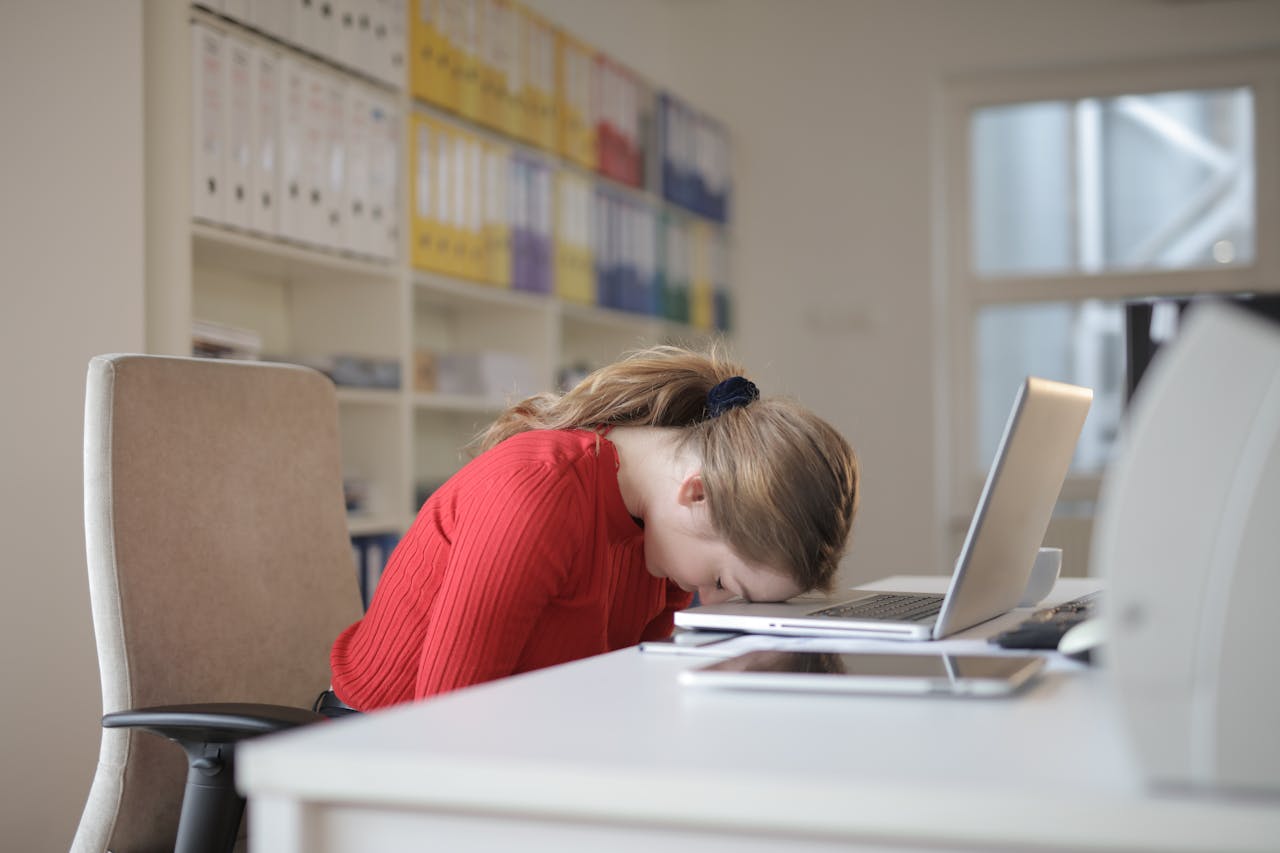Introduction
Struggling to get a good night’s sleep? You’re not alone. Millions of people worldwide face sleep difficulties, from trouble falling asleep to frequent nighttime awakenings. Whether due to stress, lifestyle habits, or underlying health conditions, poor sleep can negatively impact your physical and mental well-being. Fortunately, sleep aids—both natural and over-the-counter—can help. In this guide, we’ll explore the best sleep aids available, their benefits and risks, and how you can choose the right one for your needs.
Why Sleep is Essential for Your Health
Before diving into sleep aids, it’s important to understand why quality sleep matters. According to the National Institutes of Health (NIH), adequate sleep plays a crucial role in cognitive function, immune health, and emotional regulation. Chronic sleep deprivation has been linked to conditions like heart disease, obesity, diabetes, and weakened immunity.
If you’re struggling with sleep, addressing the root cause is key. Lifestyle adjustments, such as maintaining a regular sleep schedule and minimizing screen exposure before bedtime, are excellent first steps. However, if sleep disturbances persist, sleep aids can provide additional support.
Natural Sleep Aids: Safe and Effective Options
For those looking for non-pharmaceutical solutions, natural sleep aids can be a great option. These include supplements, herbal remedies, and sensory tools designed to promote relaxation and better sleep.
1. Melatonin Supplements
Melatonin is a hormone that regulates your sleep-wake cycle. When darkness falls, your body naturally produces melatonin to signal bedtime. However, factors like artificial light and jet lag can disrupt this process. Taking a melatonin supplement can help reset your circadian rhythm and improve sleep quality.
Benefits:
- Helps with sleep onset and reducing nighttime awakenings.
- Ideal for those with jet lag or shift work sleep disorder.
Potential Risks:
- May cause grogginess in the morning.
- Should not be used long-term without consulting a healthcare professional.
Check out our top-rated melatonin supplement here.
2. Magnesium
Magnesium plays a role in muscle relaxation and nervous system regulation. Studies suggest that magnesium deficiency can contribute to insomnia and restless sleep.
Benefits:
- Helps relax muscles and reduce stress.
- Supports deep, restorative sleep.
Potential Risks:
- Excessive intake may cause digestive issues like diarrhea.
3. Valerian Root
Valerian root has been used for centuries as a natural remedy for insomnia. It works by increasing the levels of GABA (gamma-aminobutyric acid), a neurotransmitter that promotes relaxation.
Benefits:
- Reduces sleep latency (the time it takes to fall asleep).
- Supports anxiety reduction and stress relief.
Potential Risks:
- Some users experience dizziness or headaches.
4. Chamomile Tea
Chamomile tea is another popular herbal sleep aid known for its calming properties. It contains apigenin, an antioxidant that binds to specific receptors in the brain to promote relaxation.
Explore our selection of calming teas here.
5. Weighted Blankets
Weighted blankets provide deep touch pressure stimulation, which has been shown to increase serotonin and melatonin production while reducing cortisol (the stress hormone). Many people find that using a weighted blanket helps them fall asleep faster and stay asleep longer.
Find the perfect weighted blanket for you here.
Over-the-Counter Sleep Aids
While natural remedies work well for many, some individuals may require stronger assistance. Over-the-counter (OTC) sleep aids typically contain antihistamines, which induce drowsiness.
1. Diphenhydramine (Benadryl, ZzzQuil)
Diphenhydramine is an antihistamine that blocks histamine receptors in the brain, leading to drowsiness. While effective, it can cause next-day grogginess and tolerance with prolonged use.
2. Doxylamine (Unisom)
Doxylamine is another antihistamine commonly used in sleep aids. It is slightly stronger than diphenhydramine and may be more effective for individuals with severe insomnia.
Browse our selection of OTC sleep aids here.
Lifestyle Tips for Better Sleep
While sleep aids can be helpful, combining them with good sleep hygiene practices maximizes their effectiveness. Here are some proven tips:
Maintain a Consistent Sleep Schedule
Going to bed and waking up at the same time every day—even on weekends—helps regulate your body’s internal clock.
Reduce Screen Time Before Bed
Blue light from phones, tablets, and computers suppresses melatonin production, making it harder to fall asleep. Aim to disconnect from screens at least an hour before bedtime.
Create a Relaxing Sleep Environment
A cool, dark, and quiet bedroom promotes restful sleep. Consider using white noise machines or blackout curtains for an optimal sleep environment.
Shop our collection of white noise machines here.
Avoid Stimulants Late in the Day
Caffeine and nicotine can interfere with sleep. Try to limit their consumption in the afternoon and evening.
Are Sleep Aids Safe? Understanding the Risks
While sleep aids can be beneficial, they are not a long-term solution for chronic insomnia. Overuse of sleep medications, especially OTC and prescription options, can lead to dependence and decreased effectiveness over time. If you struggle with ongoing sleep issues, consult a healthcare professional to address the underlying cause.
Potential Side Effects
- Morning Grogginess: Some sleep aids linger in the system and cause drowsiness the next day.
- Drug Interactions: Sleep aids can interact with medications such as antidepressants or pain relievers.
- Dependence: Overuse of OTC or prescription sleep aids can lead to reliance, making it harder to sleep without them.
Conclusion: Finding the Right Sleep Aid for You
A good night’s sleep is essential for overall health and well-being. Whether you prefer natural sleep aids like melatonin and weighted blankets or need the occasional help of OTC options, there are solutions to fit your needs. Remember, improving sleep hygiene and addressing underlying sleep issues will always be the most sustainable way to sleep better.

